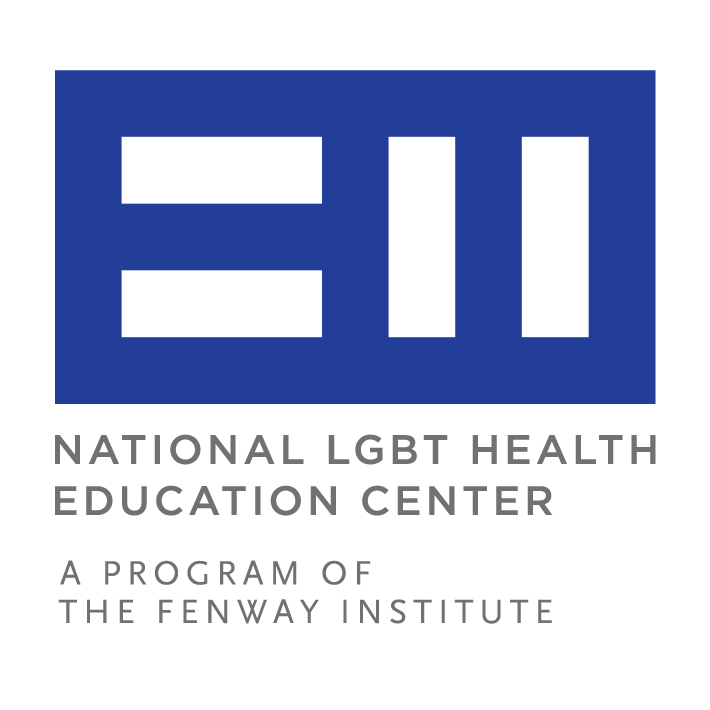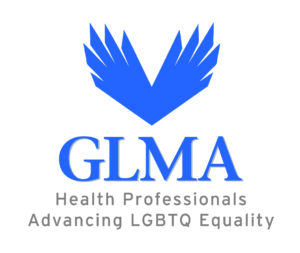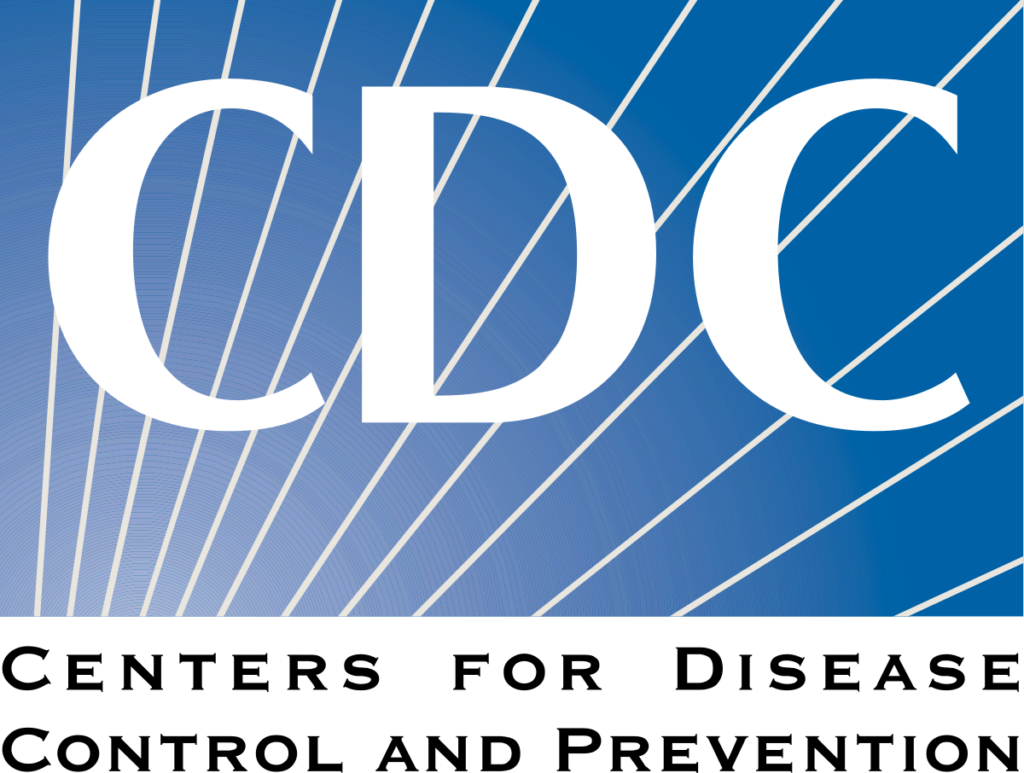Social Determinants of Health and HIV Online Course Introduction
An introductory video to the CAPTC Social Determinants of Health and HIV online course.

An introductory video to the CAPTC Social Determinants of Health and HIV online course.

Six fundamental sexual health principles guide clients toward a greater understanding of their current relationship with HIV. Linking sexual health principles within HIV services is a collaborative sexual health conversation that defines and supports each person’s personal vision of sexual health.
Despite being engaged in care, many HIV positive women still struggle with stigma, non-disclosure, isolation, depression, addiction and other barriers to health and well-being. Recognizing and addressing the high rates of trauma in this population holds the promise to reframe care and to help HIV-positive women realize their inherent health and power.

Firsthand stories from individuals living with HIV and how they became engaged in care.

HIV care providers discuss their personal journey in becoming culturally competent with their patients and clients.

Hepatitis C Online is a free educational website from the University of Washington National Hepatitis Training Center. It addresses the diagnosis, monitoring, and management of hepatitis C virus infection. Free CME credit and CNE/CE contact hours are offered. Pharmacology CE for advanced practice nurses is also available for many activities.

The Gonorrhea STD Module is a web-based training course designed to guide in the diagnosis, treatment, and prevention of gonococcal infections. CNE/CME credit is available.

The National LGBTQIA+ Health Education Center provides educational programs, resources, and consultation to health care organizations with the goal of optimizing quality, cost-effective health care for lesbian, gay, bisexual, transgender, queer, intersex, asexual, and all sexual and gender minority (LGBTQIA+) people.

This cultural competence webinar series explores the health concerns and healthcare of LGBT people and is open to anyone. The series virtually follows the experience of LGBT people and those of us who care for them to better understand how we can create healthcare environments that are welcoming and can help minimize the existing disparities experienced by this population.

The Structural Interventions chapter from from CDC’s Compendium of Evidence-Based Interventions and Best Practices for HIV Prevention categorizes the best practices in HIV structural approaches, or methods that do not rely on individual behavior change to alter the environment but can be used to enhance the effectiveness of biomedical and behavioral interventions.
